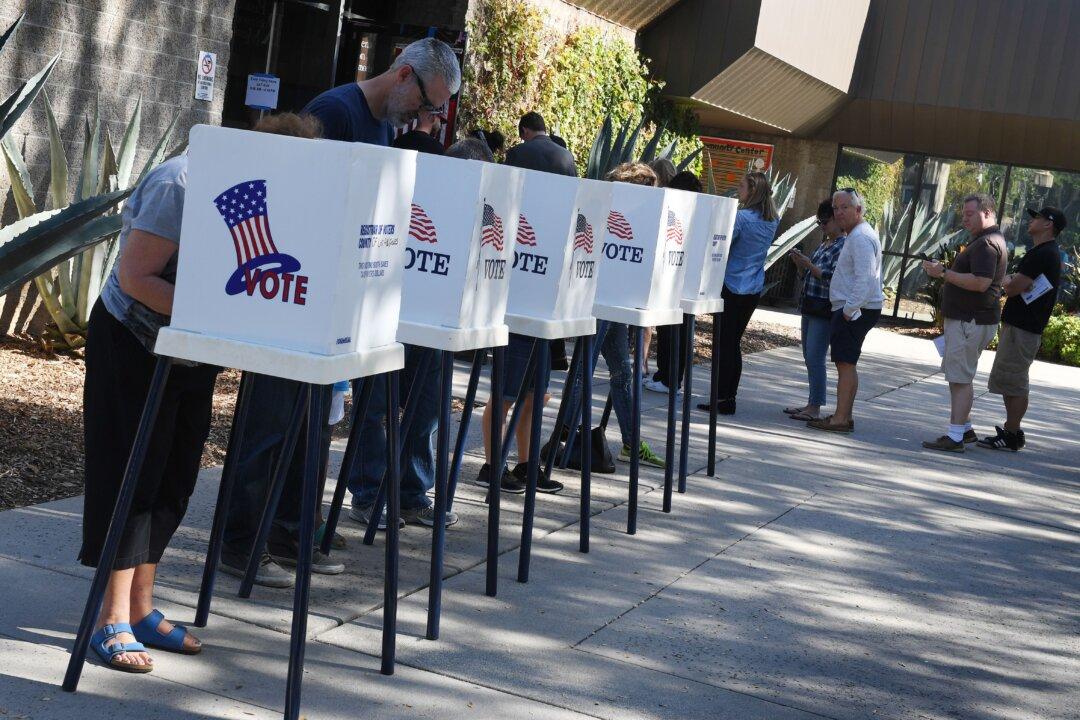Delaware Gov. John Carney, a Democrat, signed a bill would hand over the state’s presidential electoral votes to the winner of the national popular vote, regardless of what voters say in those states, The Associated Press reported on March 28.
Delaware is the 13th Democratic-leaning state to join the National Popular Vote Interstate Compact, according to AP. The initiative started after Democrat Al Gore won the popular vote in 2000 but lost to George W. Bush. It gained steam after Hillary Clinton lost to Donald Trump.





